Export to China means bringing your products to the fast-growing market in the world, for exports companies have only one goal: growth in profits. Therefore focus on getting your export products into the Chinese market, reaching unprecedented Chinese modern consumers is a key point, export to China with reliable Chinese importers will add millions to your business.
Best Goods to Export to China
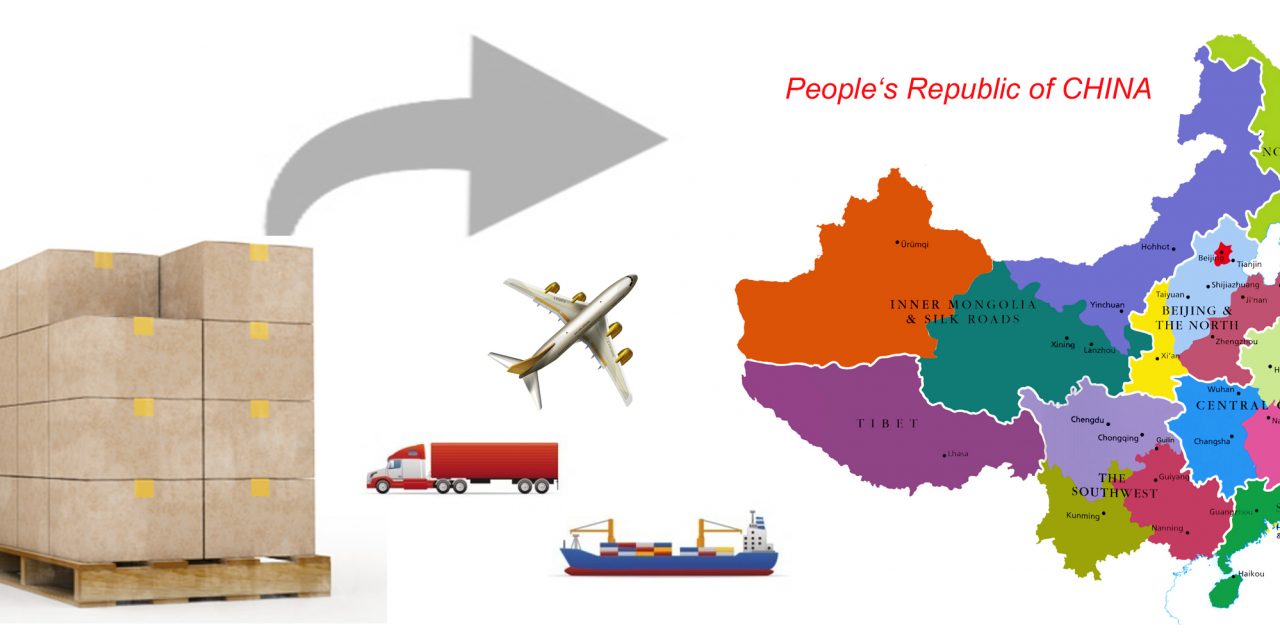
The demand for western products in China is constantly growing and evolving. Overall, China has been a large importer of electro-mechanical products, and one of the world’s largest consumers of commodities, with a huge demand for crude oil, iron ore, copper, aluminum, and soybeans. But now, the category of China import is changing, there is also a growing demand for foreign consumer products such as wine, beer, chocolate, milk, and coffee.
Need a cost effective TP (Tmall Partner) to sell in China?
We are an Official Tmall Partner e-commerce Agency. Our Services: E-Commerce, Search Engine Optimization, Advertising, Weibo, WeChat, WeChat Store & PR.
In addition, products with “heritage” appeal, such as luxury products from Europe and classic automobiles are enormously popular. Finally, where local brands are not trusted due to quality concerns, the Chinese are willing to pay a hefty premium for foreign substitutes. This is especially true with things like baby milk powder, toothpaste, and just about any items that are ingested.
Fast-growing imports in China over the last 5 years, there are a growing number of favorite imported products in China market:
- Cereal 477%, Dairy, Eggs, Honey 402%, Sugar 395%, Meat & Seafood 278%, Clothing 209%, and Live Animals 209%.
According to related China authority statistics reporting. And keep in mind this list continues to grow with various categories of imported products: such as:
- Coffee, Tea & Spices, Gems, Precious Metals, Coins 180%, Cotton 179%, Alcoholic Beverages 175%, Cocoa 173%, Leather 169%, Milling Products 166%, Ethnic & Tailored Clothing 163%, Vehicles 161%, Fur-skin & Artificial Fur 159%, Wood 158%, Cereal & Milk Preparations 155%, Pharmaceuticals 151%, Other Food Preparations 150%, Oil 54%, and Art & Collection Items 7,061%
Exporting to China regulations: export.gov China
Exporting to China is difficult for many reasons, including the following:
- China’s sluggish economic growth: As of 2015, China’s economic growth rate was at its lowest rate in more than a quarter century; real GDP growth decelerated to 6.9%.
- The Chinese government’s efforts to shift the economy from one based on manufacturing to one based on services.
- An unclear timeframe for these announced reforms.
- New laws, regulations and other measures that called into question the openness of China’s investment regime.
Top U.S. Exports to China
According to the Office of the U.S. Trade Representative, the top U.S. export categories to China in 2017 according to two-digit HS numbers were:
- Miscellaneous grain, seeds, fruit (soybeans): $15 billion
- Aircraft: $15 billion
- Electrical machinery: $12 billion
- Machinery: $11 billion
- Vehicles: $11 billion
Notably, U.S. exports of agricultural products to China reached $21 billion in 2017. China is the United States’ second-largest agricultural export market. Leading export categories to include: soybeans ($14 billion), coarse grains such as corn ($1.0 billion), hides and skins ($949 million), pork and pork products ($715 million), and cotton ($553 million).
How to start exporting to China?
With Chinese consumers, it is growing numbers and taste, modern Chinese consumers are better educated and cultured due to increasing international travels, reading, watching, observations and comparison, more exposure of imported products through window shopping and displayed in the fashion world and market in China. Below we explain to you the steps to follow to export to china and be successful with finding Chinese distributors while promoting your brand to Chinese consumers.
Define your Target
The Chinese market is very fragmented, with different areas, industries, as well as socio-economic and cultural factors to consider. That makes it even more important for smaller companies, where resources are often limited, to tightly define the opportunity and target they want to pursue. Chinese customers are completely different from the rest of the world, you have to lure them, show them something different in order to get their attention.
Traditional way out of date
You can find distributors on the internet, through personal contacts, if you analyze competitors or if you visit trade fairs (like the Canton Fair). A good Chinese distributor knows its market well. They can help you with loads of things such as customs clearances, certifications, packaging, import regulations, sales strategies, marketing, and customizations of your products. Many exporters are unaware of the latter one, but in fact, that’s crucial if you enter a new market.
Be sure to verify the credibility and performance of the distributor, before you sign any agreements. The agreement shall include all essential items such as marketing guidelines (who to pay for marketing), sales quotas (to avoid a poor sales performance), trademark regulations, and aftermarket services.
Unfortunately, distributors don’t do branding or marketing and this could slow down your business.
Tmall B2D: The new era for distribution in China
Recently, the platform has implemented a B2D strategy (Business to Developers) to resolve the problem of China’s distribution. Through a dedicated application, TMALL manages to connect distributors with the brand directly to avoid any intermediate connections.
Concretely, while a brand sells its product to a distributor priced at RMB 20 when the final consumer wants to buy the product, the price could have already easily reached RMB 200 on the market. By gathering all distributors, and providing them with the means to connect to the brand, allows significant gains for all participants (the final customer, as the intermediary distributors) and therefore the success of the product and its brand in China.
After this restructuring of the Alibaba Group, Tmall B2D is an incredibly innovative new concept that will revolutionize the e-commerce practice until then.
This new system reverses the traditional distribution chain and allows brands to connect to distributors, choosing who they will entrust their products among the 85 000 Chinese distributors listed.
For more information Contact Us!
Tmall Global
Tmall.com is an open business-to-consumer (B2C) platform enabling businesses worldwide to reach China’s vast and growing consumer market. Tmall.com has established itself as the destination for quality, brand-name products catering to increasingly sophisticated Chinese consumers and is the most visited B2C online retail website in China.
In order to reach the rising Chinese consumer spending power, Tmall Global the international division of Taobao Tmall aims at providing quality international goods to domestic consumers, with the slogan: 100% foreign original authentic, 100% foreign merchants, 100% domestic return.
Businesses must be settled outside of mainland China by qualified corporate entities with overseas registered trademarks, overseas retail qualification, good reputation in foreign countries as well as good operating conditions. Tmall Global differs from Tmall China in the way that it allows foreign brands to enjoy the gigantic Chinese market without having an actual presence in China.
Logistics is handled by international Tmall cross-border dropshipping specialists that allow delivery to Chinese consumers within 5-8 workdays. Alternatively, orders can be processed via a bonded warehouse solution from one of the China free-trade zones. Tmall Global offers retailers the ability to sell to Chinese shoppers via bonded warehouses in Chinese free trade zones, which reduces logistics costs and shortens delivery times.
JD Global
We work on e-commerce design, management, payment options, reputation, branding, and digital advertisement. As a global branding agency, we help you to integrate the Chinese market by selecting powerful engines of growth and innovation. We have quick and efficient solution providers for e-commerce businesses in China. Our services include the development of online shops with integrated marketing features and tools that are customized to promote sales.
We provide strategic advice, market consultation, design, reports on key growth indicators, audience experience, and more for businesses coming to China. Our goal is to offer businesses digital opportunities in the Chinese internet industry. Through content creation, we set up strategies designed to drive traffic and create leads. We offer follow-up campaign management through our digital optimization tools.

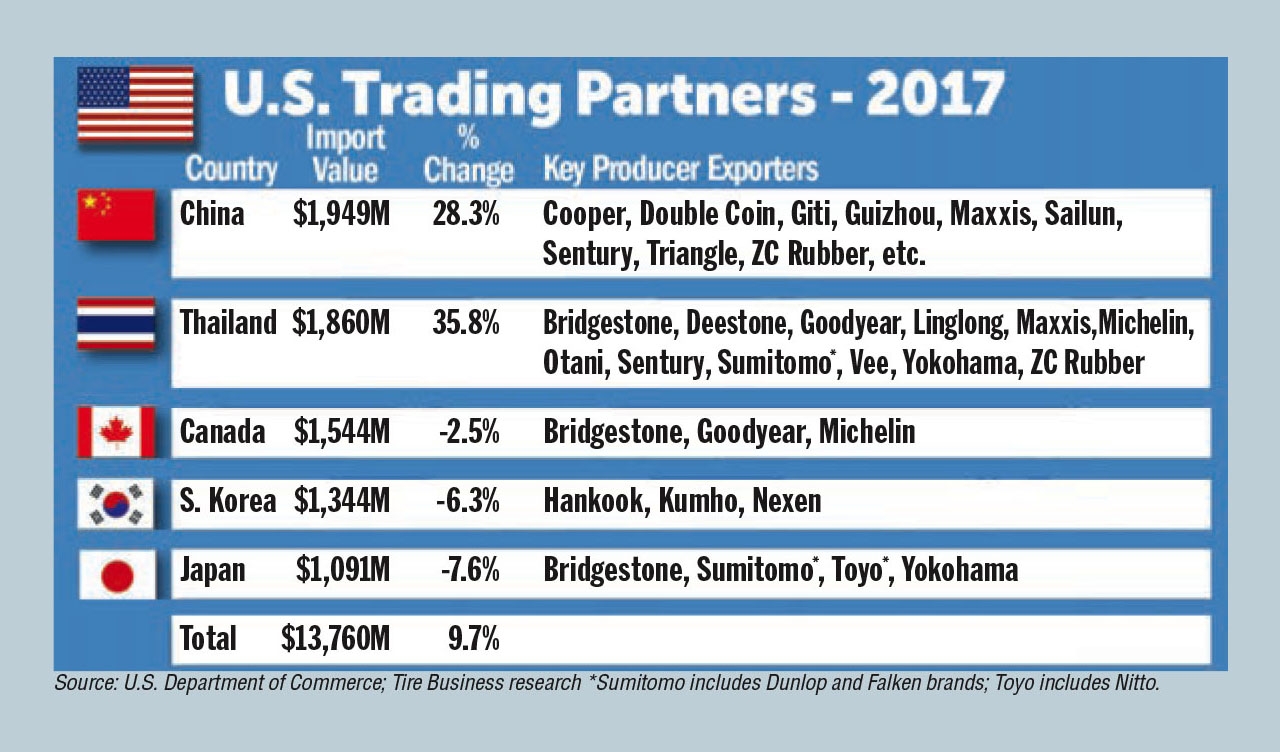

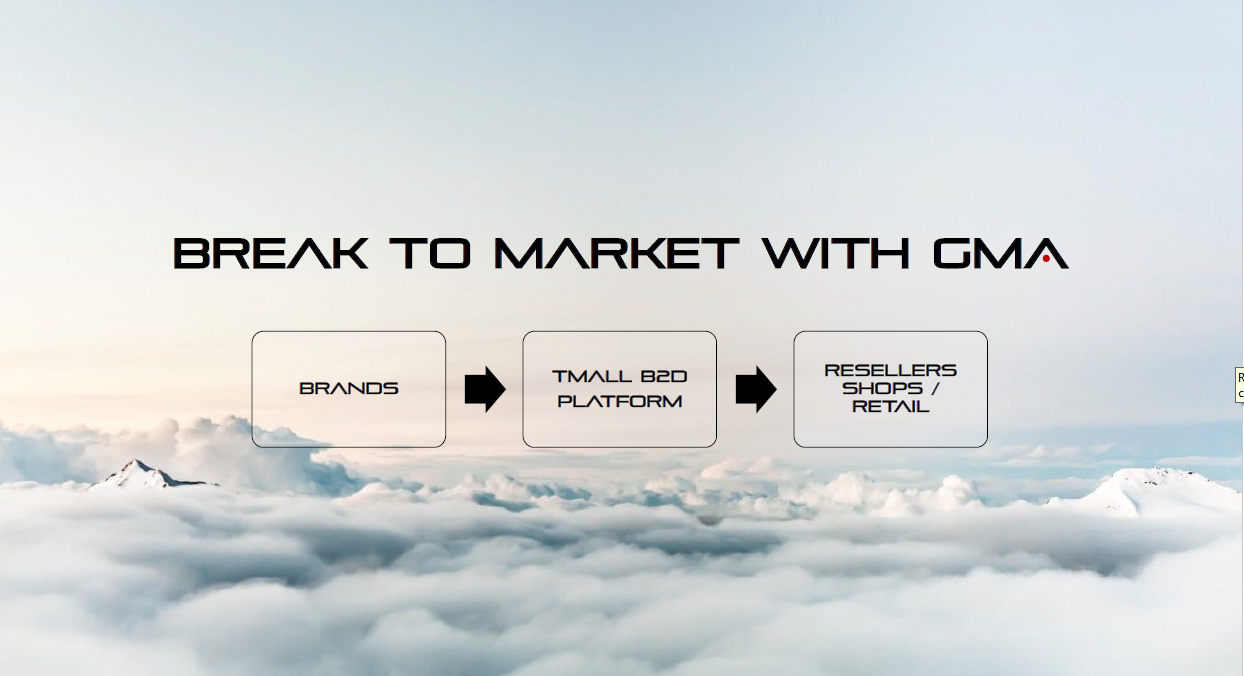

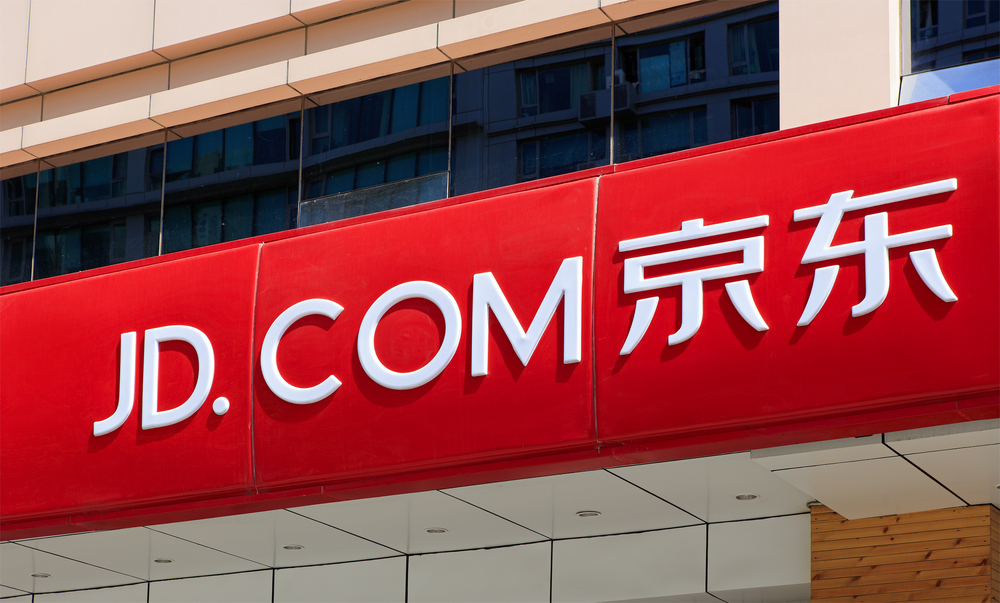
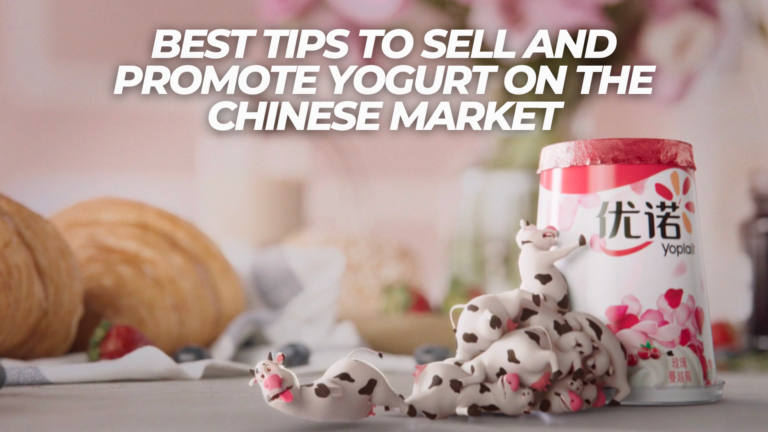





I would like to promote my online stores in China
Please let me know how you can be of assistance.
Thanks
How to export goods from China? Do you have a video to speak about that?
Exporting to China: can you send me your guide for small businesses